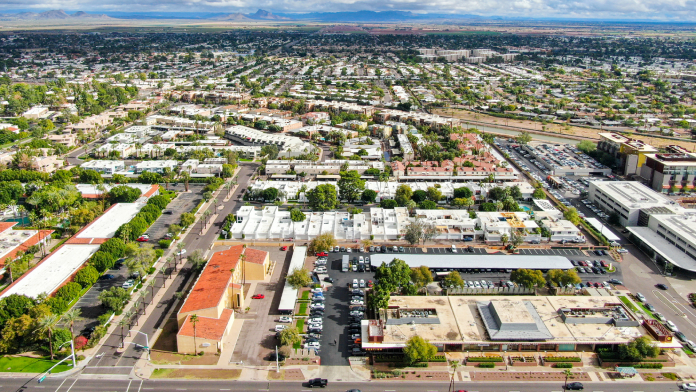Expert Insights
As someone who works in community mental health, I’ve seen first-hand the impact of addiction and mental health. I’m also an advocate of people struggling and people finding recovery. What I’ve always struggled with, though, is how much folks in recovery can still have a hard time when they’re not in a 12-step meeting. They sometimes don’t know what to do with themselves, apart from drink coffee, smoke, and sit in church basements. That’s when I read about the new yoga for addiction recovery that was starting in Scottsdale. I think this is a brilliant idea as people in recovery often struggle with their bodies, cravings, and ill health. Yoga is great for improving overall health and wellness, overcoming cravings through mindfulness and meditation, and helping people stay in the moment. I bet this new studio makes a great addition to recovery services in Scottsdale.
~ Olivia Pennelle




